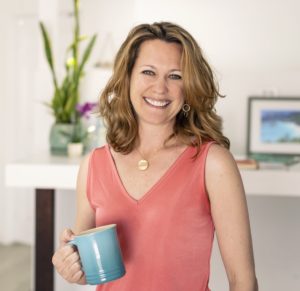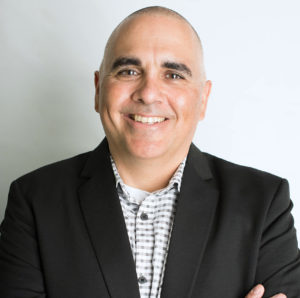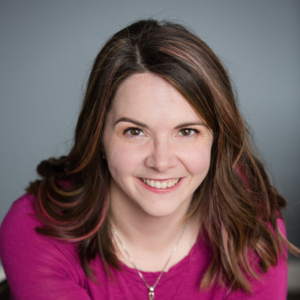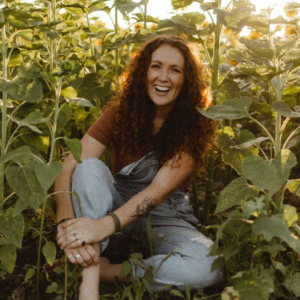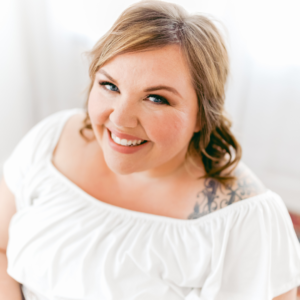I'm so excited to introduce you to this week's guest on Pep Talks for Side Hustlers, Lee Chaix McDonough!
Lee Chaix McDonough is the CEO and Founder of Coach With Clarity, a training and education company for life and business coaches. She is also the host of the Coach with Clarity podcast and author of the #1 Amazon book, ACT On Your Business: Braving the storms of entrepreneurship and creating success through meaning, mindset, and mindfulness.
After over a decade as a clinical social worker and public health professional, Lee became credentialed as a coach through the International Coach Federation and now provides ICF-accredited continuing coach education for intuitive, heart-centered coaches. Her Coach with Clarity® framework fuses meaning, mindset, and mindfulness with grounded intuition and solid business strategy to help coaches and clients excel at entrepreneurship and transform their lives. Lee lives in North Carolina with her husband, two sons, and her pug Phineas.
Push play to listen to this week's episode, or read the full transcript below!

